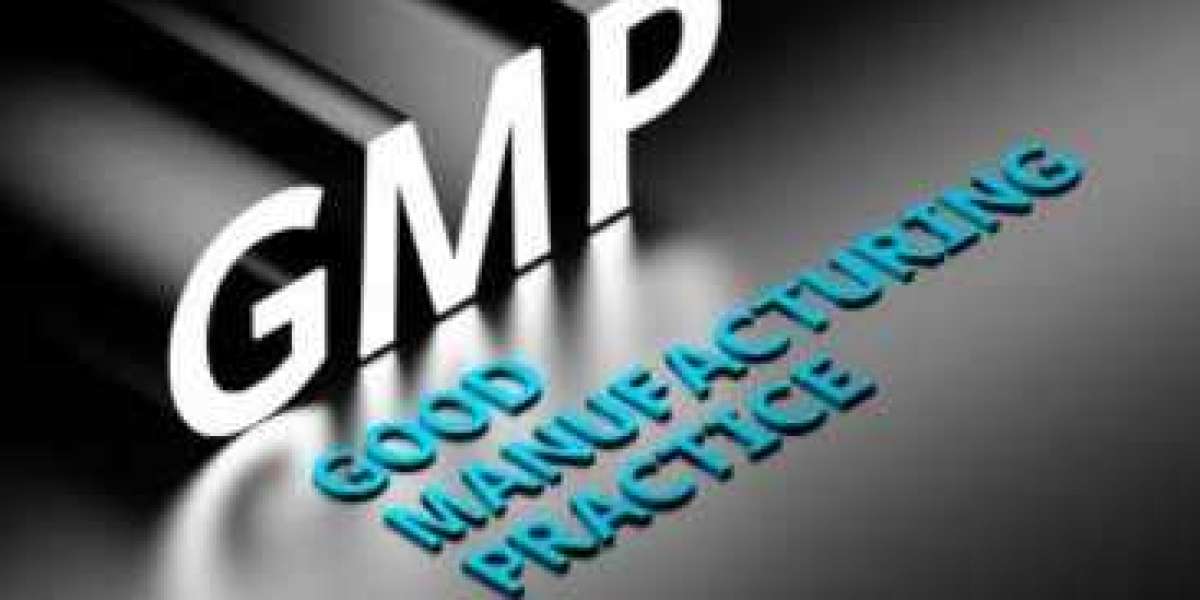In the realm of pharmaceuticals, food processing, and various other industries, ensuring product quality and safety is paramount. Good Manufacturing Practice (GMP) guidelines serve as the cornerstone for maintaining these standards. However, adherence to GMP isn't merely about implementing protocols—it's also about cultivating a culture of quality consciousness among employees. GMP training plays a pivotal role in achieving this objective.
GMP training encompasses a range of topics, including hygiene practices, equipment handling, documentation procedures, and adherence to regulatory standards. Its primary goal is to instill a deep understanding of why these practices are essential and how they contribute to the overall quality and safety of the products being manufactured.
One of the key aspects of GMP training is ensuring that employees comprehend the importance of following standardized procedures meticulously. This involves educating them about potential risks associated with deviations from established protocols and the repercussions these deviations can have on product quality, consumer safety, and regulatory compliance.
Moreover, GMP training emphasizes the significance of maintaining a clean and orderly work environment. Proper sanitation practices not only prevent contamination but also contribute to the longevity of equipment and machinery, reducing the likelihood of product defects and recalls.
Another crucial component of GMP training is fostering a proactive approach to quality assurance. Employees are encouraged to identify and report any deviations or anomalies promptly. This promotes a culture of transparency and accountability, enabling organizations to address issues swiftly and prevent potential quality lapses.
Furthermore, GMP training serves as a platform for familiarizing employees with regulatory requirements specific to their industry. This includes understanding the guidelines set forth by regulatory bodies such as the Food and Drug Administration (FDA), the European Medicines Agency (EMA), or the International Organization for Standardization (ISO). By staying abreast of regulatory updates and requirements, organizations can ensure compliance and avoid costly penalties.
Additionally, GMP training is not a one-time event but an ongoing process. Regular refresher courses and updates are essential to reinforce best practices, address emerging challenges, and incorporate new technologies or methodologies.
In conclusion, GMP training is indispensable for organizations striving to uphold the highest standards of quality and safety in their operations. By equipping employees with the knowledge and skills necessary to adhere to GMP guidelines rigorously, businesses can safeguard their reputation, mitigate risks, and ultimately deliver products that meet or exceed customer expectations. Investing in GMP training is not just a regulatory requirement—it's a commitment to excellence that resonates throughout every facet of the organization.







